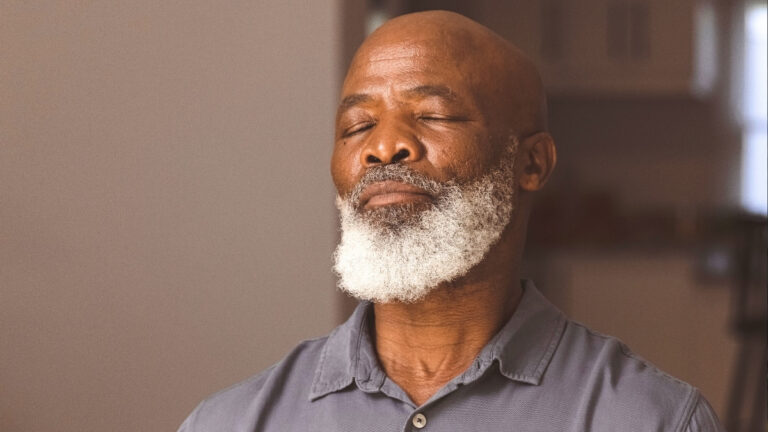Is Your Bad Mood Aging You Faster? The Science Says YES (Here’s How to Fight Back!)

That mirror doesn’t lie—and neither does science when it comes to how your emotional state is literally written on your face. Every frown line, gray hair, and tired look tells the story of your stress levels over the past few months.
Here’s what nobody talks about: your bad mood aging faster than time itself. Chronic stress, anxiety, and weeks of feeling down are doing more damage to your appearance than the sun, smoking, or even your genetics.
The science is clear and scary. People under constant stress age at the cellular level like they’re 10-15 years older than their birth certificate says. Your body doesn’t care if you’re 35 or 55 – when stress accelerates aging, you start looking and feeling ancient.
But here’s the good news that will change everything. Once you know how emotional health affects your aging process, you can fight back and actually reverse some of the damage. It’s not too late to stop looking older than you feel.
In this article, you’ll learn exactly how bad moods age your body from the inside out. You’ll see the specific signs of emotional aging that show up in your mirror every morning. Most importantly, you’ll get 7 science-backed strategies that can slow down and even reverse stress-related aging.
Your mood doesn’t have to control how fast you age. Let’s fix this starting right now.
The Shocking Science: How Bad Moods Age Your Body
Your body keeps score. Every time you stress out, get angry, or feel down for weeks, your cells pay the price. And that price shows up as wrinkles, gray hair, and feeling older than you should.

Here’s what happens inside your body when bad moods take over. It’s not pretty, but knowing this will change how you handle stress forever.
Your Cells Are Shrinking (And That Ages You Fast)
Scientists at the University of California found something scary. People with high stress have shorter telomeres. Think of telomeres as the plastic tips on shoelaces – but for your DNA.

When telomeres get short, your cells age faster. Way faster. The study showed that women under severe stress aged the same as women 10 years older. That’s a decade of aging from stress alone.
Even worse? Once telomeres shrink, they don’t easily grow back. This means chronic bad moods literally shorten your life at the cellular level.
Stress Hormones Are Eating Your Face
Cortisol is your stress hormone. A little bit helps you handle problems. Too much destroys your skin from the inside out.
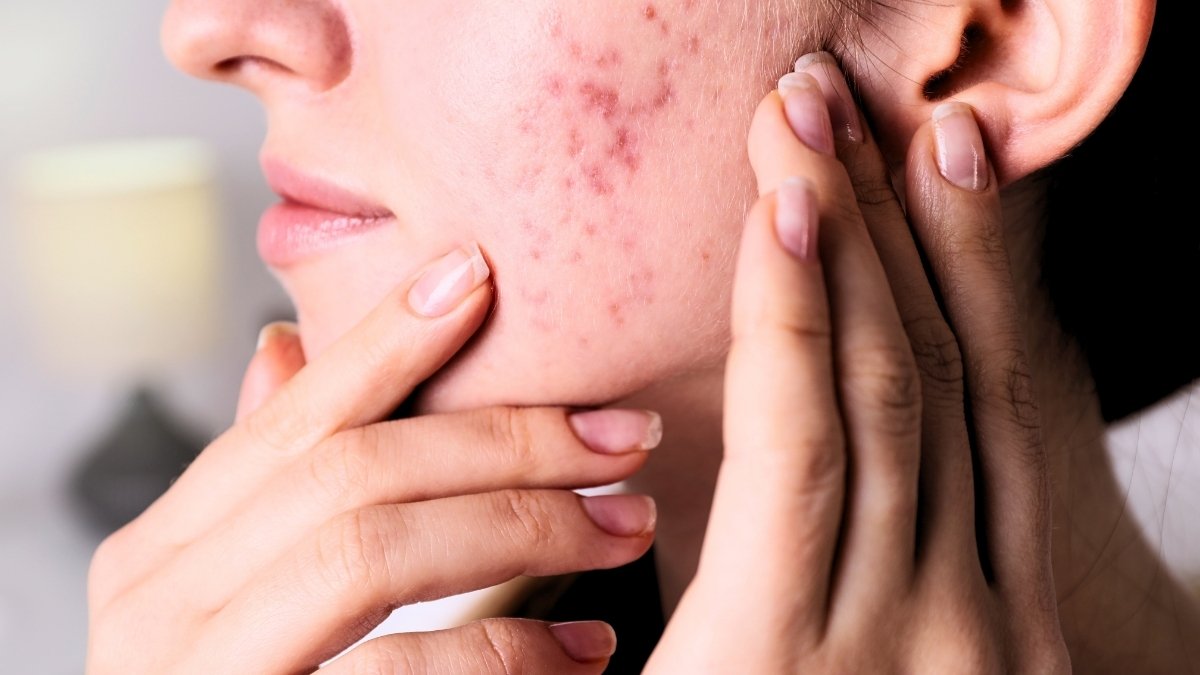
High cortisol breaks down collagen. That’s the protein that keeps your skin firm and smooth. Less collagen means more wrinkles, sagging, and that tired look that makeup can’t fix.
Studies show people with chronic stress have 40% less collagen production. Your face literally can’t repair itself when cortisol floods your system day after day.
Your Brain Is Aging in Fast Forward
Chronic stress shrinks your brain. The hippocampus – your memory center – gets smaller when cortisol stays high for months. This is why stressed people feel foggy and forgetful.
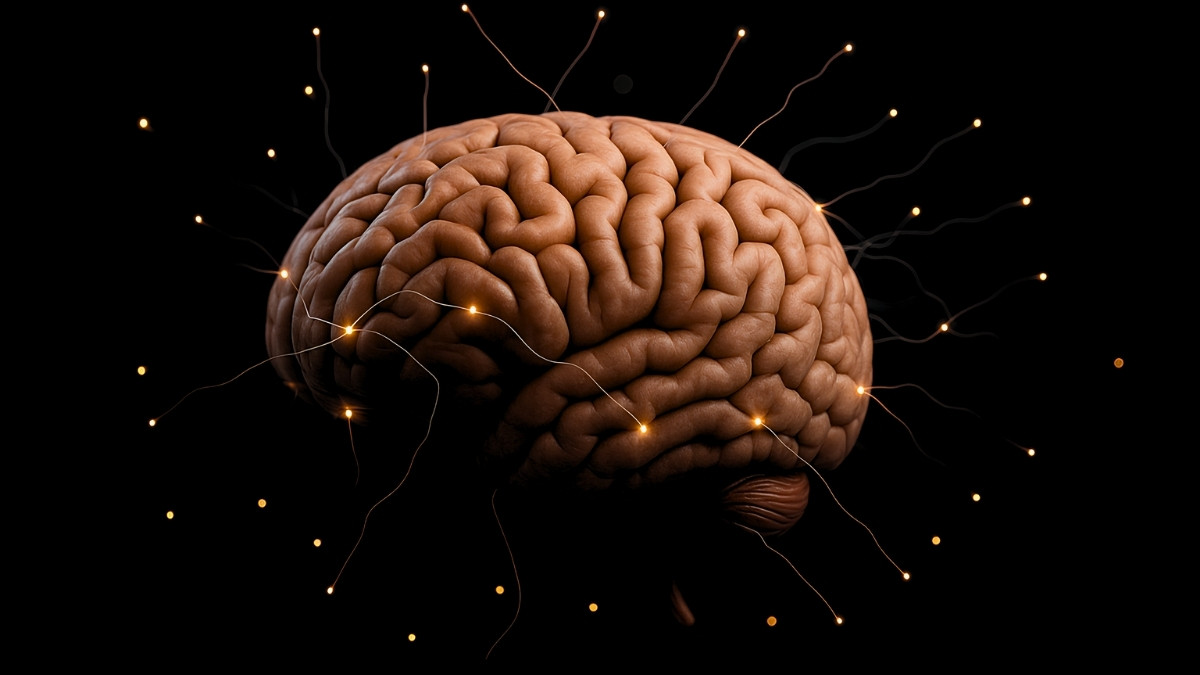
MRI scans show that people with chronic anxiety have brains that look 2-3 years older than their actual age. The prefrontal cortex, which controls decision-making, literally loses volume under chronic stress.
And here’s the scary part: this brain aging can become permanent if you don’t act fast. The good news? Your brain can bounce back when you lower stress levels.
The Visible Signs: What Emotional Aging Looks Like
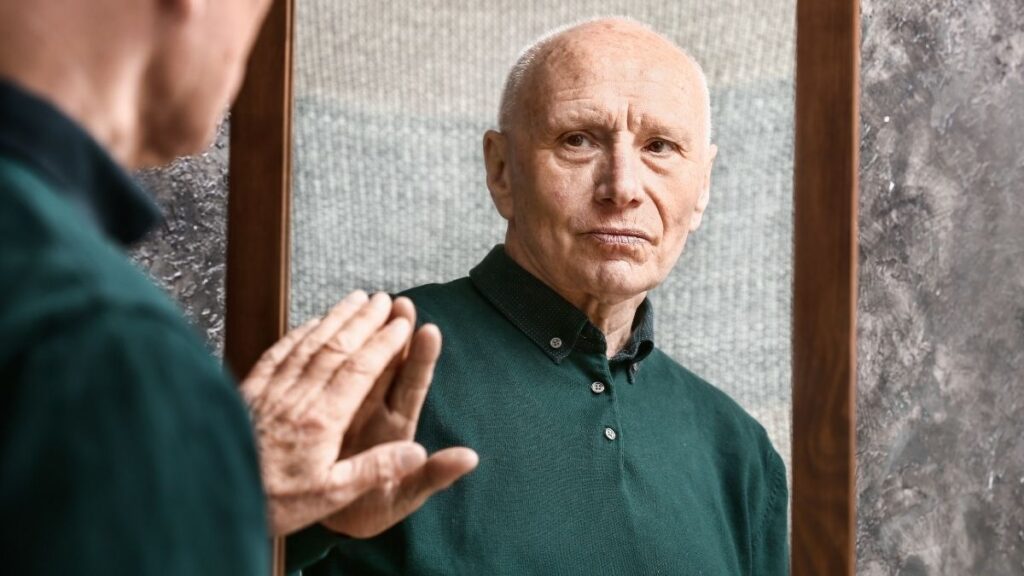
Look in the mirror right now. Do you see lines that weren’t there last year? A tired look that sleep doesn’t fix? That’s emotional aging showing up on your face.
Your bad moods are literally carving themselves into your appearance. Here’s exactly what to look for and why it happens so fast.
Your Face Is Stuck in Stress Mode
Those frown lines between your eyebrows? They’re called “eleven lines” because they look like the number 11. If you’ve been stressed, worried, or angry for months, these lines become permanent grooves.
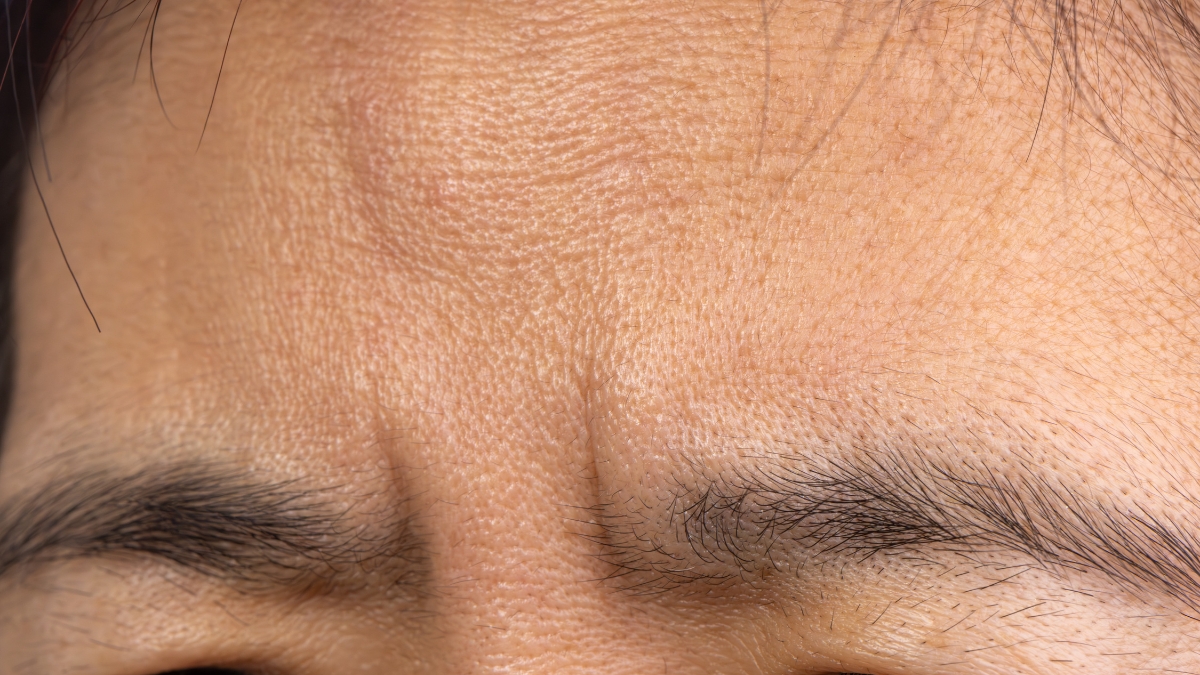
The same thing happens with forehead wrinkles from raising your eyebrows in worry. Your face muscles repeat the same expressions thousands of times. Eventually, your skin can’t bounce back.
Dermatologists call this “expression aging.” It’s different from sun damage or genetics. This aging comes from your emotions, and it happens way faster than normal wrinkles.
Your Hair Is Giving Up
Chronic stress literally turns your hair gray. Not slowly over years – sometimes in months. There’s even a name for it: “Marie Antoinette syndrome,” after the queen whose hair turned white before her execution.
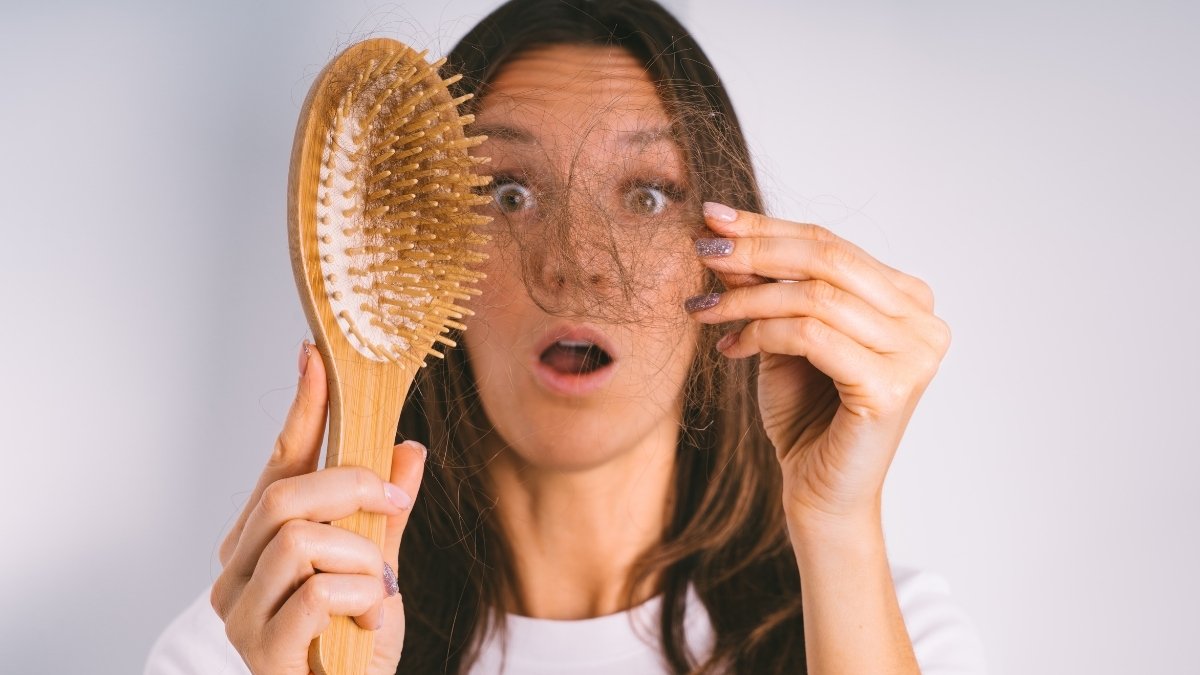
Stress also makes your hair fall out. You might notice more hair in your brush or thinner spots on top. This happens because cortisol pushes hair follicles into a resting phase where they stop growing.
The worst part? Stress hair loss can take 6-12 months to recover. That’s a long time to look older while you wait for your hair to grow back.
Your Skin Looks Dead
Stressed skin has a gray, dull look that no highlighter can fix. This happens because bad moods mess with your blood flow. Less blood means less oxygen and nutrients reaching your skin cells.
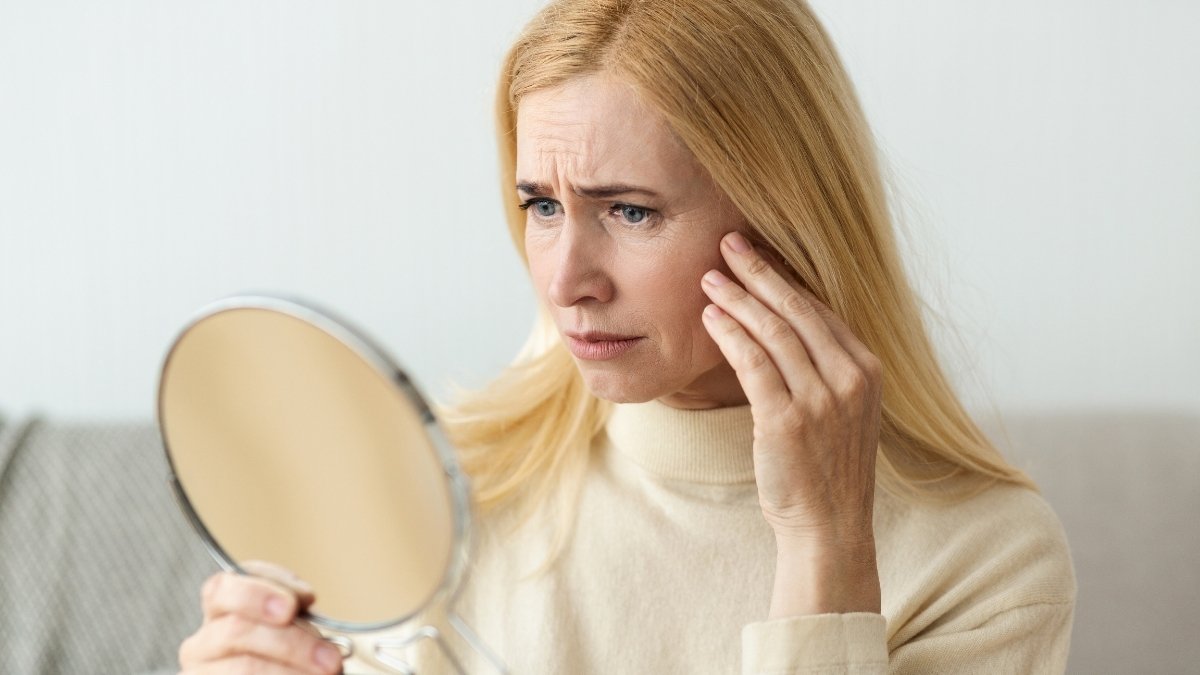
You might also notice more breakouts as an adult. Stress increases oil production and inflammation, creating perfect conditions for acne. It’s like being a teenager again, but with wrinkles too.
Your skin also loses its bounce-back ability. Pinch the back of your hand – if the skin stays tented for more than a second, you’re seeing stress aging in real time.
You’re Shrinking and Slouching
Bad moods change how you carry yourself. Depression makes people hunch forward and look down. Anxiety creates tight, raised shoulders. Chronic stress makes you move like you’re much older than you are.

This posture aging happens because negative emotions affect your muscle tension. Your neck gets tight, your shoulders roll forward, and you start walking with shorter steps. People can guess your mood just by watching you move.
Over time, this becomes your default posture. Even when you feel better, your body stays stuck in “stress mode,” making you look older and more tired than you really are.
Your Face Shows Every Bad Night
Poor sleep from stress, anxiety, or depression shows up immediately on your face. Dark circles, puffy eyes, and pale skin are obvious signs. But there are hidden clues too

Your skin repairs itself while you sleep. Skip quality sleep for weeks, and your skin can’t fix daily damage. This makes fine lines deeper and gives you that “worn out” look that makeup can’t cover.
Sleep-deprived faces also lose their natural glow. Your skin produces less collagen and more stress hormones overnight, creating a dull, aged appearance that screams “I’m not taking care of myself.”
The Celebrity Reality Check
Look at before-and-after photos of celebrities going through divorces, scandals, or family problems. The aging happens fast – sometimes in just months. Their faces show the same stress signs you might be seeing in your own mirror.

Even with professional makeup artists and expensive treatments, emotional stress ages them visibly. If it can age people with unlimited resources, imagine what it’s doing to the rest of us.
The good news? Just like these celebrities can bounce back with the right help, so can you. Your face isn’t permanently stuck this way – but you need to act now before the damage becomes harder to reverse.
7 Science-Backed Ways to Fight Emotional Aging

You can’t stop time, but you can stop bad moods from aging you faster. These seven strategies are backed by real research and work for busy people who don’t have hours to spend on self-care.
Pick one that sounds doable and start there. You don’t need to be perfect – you just need to begin.
Strategy 1: Master Your Stress Response in 30 Seconds
The 4-7-8 breathing technique stops stress hormones in their tracks. Breathe in for 4 counts, hold for 7, breathe out for 8. Do this three times when you feel stress building.

This works because it activates your vagus nerve, which tells your body to calm down. Harvard researchers found that people who practice this daily have 23% lower cortisol levels after just two weeks.
For busy schedules, try the “box breathing” method. Breathe in for 4, hold for 4, out for 4, hold for 4. You can do this in your car, at your desk, or anywhere stress hits.
Progressive muscle relaxation works even faster. Tense your shoulders for 5 seconds, then release. Move down your body – arms, stomach, legs. The contrast between tension and release signals your nervous system to chill out.
Strategy 2: Sleep Your Way to Younger Skin
Quality sleep is like a nightly anti-aging treatment. Your body produces growth hormone while you sleep, which repairs the cellular damage that stress causes during the day.
Start with a “power-down hour” before bed. No screens, no work talk, no stressful conversations. Your brain needs time to shift from stress mode to repair mode.

Keep your room cool (65-68°F) and dark. Light blocks melatonin production, which you need for both good sleep and cellular repair. Even small amounts of light from phones or clocks can mess this up.
Try the “worry dump” technique before bed. Write down three things that stressed you today and three things you’re grateful for. This clears your mind and primes your brain for positive thoughts while you sleep.
Strategy 3: Meditate Away the Years
Loving-kindness meditation literally reverses cellular aging. Studies show it increases telomere length – those protective DNA caps that shorten when you’re stressed. Just 12 minutes daily makes a difference.

Start simple: Sit quietly and repeat “May I be happy, may I be healthy, may I be at peace.” Then extend it to loved ones, strangers, and even difficult people. This rewires your brain for positivity.
For stress reduction, try the “STOP” technique. When you notice stress building, Stop what you’re doing, Take a breath, Observe what you’re feeling, and Proceed with intention instead of reaction.
Apps like Headspace and Calm work well for beginners. But you don’t need an app – just 5 minutes of quiet breathing works too. The key is consistency, not perfection.
Strategy 4: Move Your Body, Reverse the Damage
Exercise is like a magic pill for emotional aging. It reduces cortisol, increases endorphins, and literally grows new brain cells. You don’t need to become a gym rat to see results.

Walking for 30 minutes daily reduces stress aging more than intense workouts. The key is moving consistently, not perfectly. Even 10-minute walks help when you’re busy.
Strength training twice a week prevents the muscle loss that makes you look older. You don’t need heavy weights – resistance bands or bodyweight exercises work great.
Yoga combines movement with stress relief. It lowers cortisol while improving flexibility and posture. Even 15 minutes of gentle stretching helps you stand taller and feel younger.
Strategy 5: Eat Your Way to Better Moods
Your gut makes 90% of your serotonin – the happy chemical. Feed it well, and your mood improves along with your appearance. Feed it junk, and both suffer.
Anti-aging foods that boost mood include fatty fish (omega-3s for brain health), berries (antioxidants for cellular repair), and leafy greens (folate for neurotransmitter production). Think colorful, not complicated.

Consider magnesium supplements if you’re constantly stressed. Most people are deficient, and magnesium helps regulate cortisol. Start with 200mg before bed.
Timing matters too. Eat protein at breakfast to stabilize blood sugar and mood. Skip late-night snacks that disrupt sleep and stress your digestive system overnight.
Strategy 6: Surround Yourself with Youth
Strong relationships literally slow aging. Harvard’s 80-year study found that people with good relationships live longer and age better than those who are isolated, regardless of other health factors.
Quality beats quantity every time. One close friend who supports you does more for anti-aging than ten casual acquaintances who drain your energy.

Build your support network by being the friend you want to have. Check in on people, listen without trying to fix everything, and show up when it matters.
Join groups based on interests, not just convenience. Volunteering, hobby clubs, or fitness classes connect you with people who share your values and energy.
Strategy 7: Think Yourself Younger
Your thoughts about aging actually affect how fast you age. People who think positively about getting older live 7.5 years longer than pessimists. Your mindset is literally life or death.
Practice cognitive restructuring when you catch negative thoughts. Instead of “I’m getting so old,” try “I’m gaining wisdom and experience.” Small word changes create big mental shifts.

Start a gratitude practice that takes 2 minutes daily. Write down three specific things you’re grateful for – not just “family” but “the way my daughter laughed at dinner.” Specificity makes it more powerful.
Challenge age stereotypes in your own head. Stop saying “senior moments” when you forget something. Stop blaming everything on age. Your brain believes what you tell it, so tell it better stories.

The research is clear: optimists have longer telomeres, lower inflammation, and stronger immune systems. Positive thinking isn’t just feel-good fluff – it’s anti-aging medicine.
These strategies work best together, but start with what feels easiest. Even small changes can slow the aging process and help you feel more like yourself again.
Final Thought:
Your mood doesn’t have to determine your aging timeline. Science shows you have more control than you think over how fast stress ages your body and face.
Yes, chronic stress really does make your bad mood aging faster than it should. But the same research that proves this also shows something hopeful: small changes work.
You don’t need to become a meditation guru or completely change your life. Simple tweaks to how you handle stress can slow aging at the cellular level within weeks.
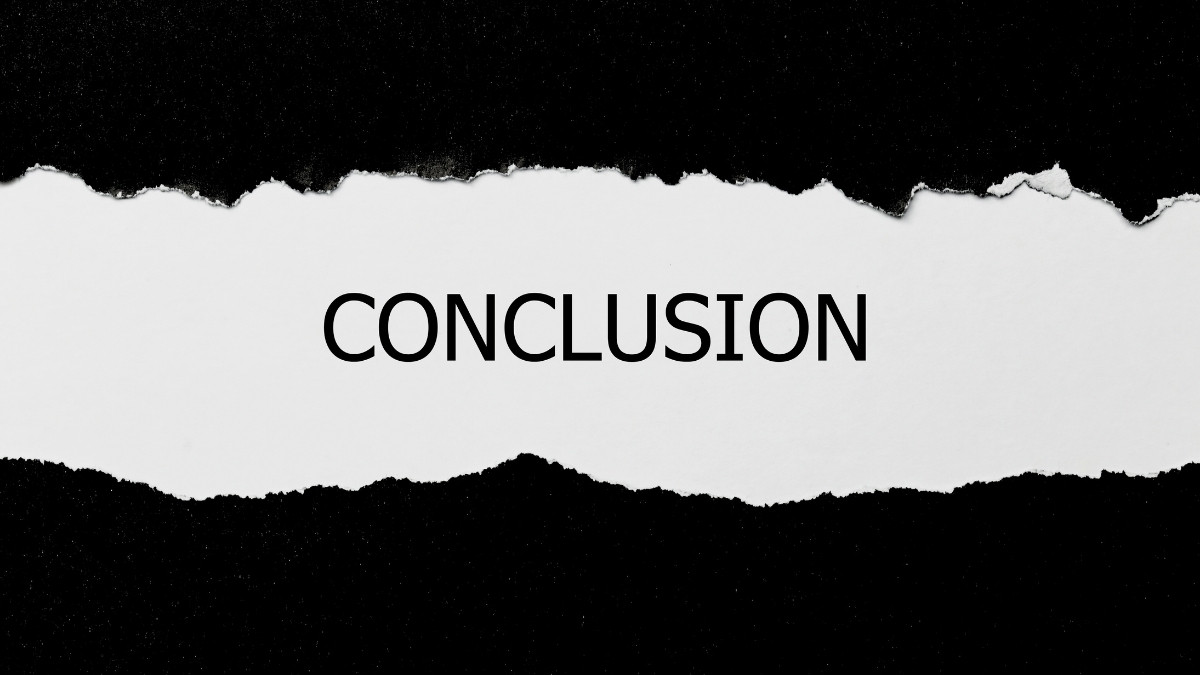
The 4-7-8 breathing technique takes 30 seconds. Better sleep habits cost nothing. A 10-minute walk reduces cortisol as much as expensive treatments. These aren’t huge lifestyle changes – they’re tiny shifts with big results.
Remember, your cells are listening to every emotion. Feed them stress, and they age faster. Give them calm, and they repair themselves better.
Your emotional health and aging are connected, but you’re not stuck with the damage you see today. Your body wants to heal itself – you just need to give it the right conditions.
Start with just one strategy today and track your progress for 30 days. Your future self will thank you.





